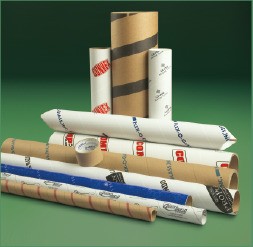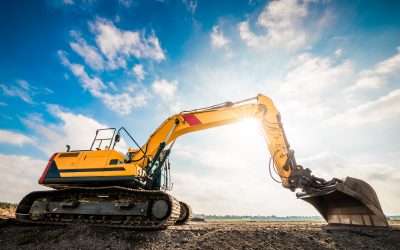In modern manufacturing and processing, the industrial sieve is crucial for ensuring both operational efficiency and high product quality. Many sectors, including pharmaceuticals and food manufacturing, rely on this crucial equipment to separate, categorize, and filter materials. Understanding the significance of this equipment and its applications can help in optimizing processes and achieving high standards in production.
Enhancing Efficiency and Quality Through Effective Material Separation
Industrial sieves handle large amounts of materials, making them essential in large-scale manufacturing facilities. Various materials and particle sizes necessitate different sieve sizes and mesh arrangements. Their main purpose is to precisely sort the intended components by separating mixtures into fractions depending on particle size. Sieves are used, for instance, in the food sector to guarantee that goods satisfy particular quality criteria. Before they are handled further, they are used to eliminate contaminants such as foreign particles or large fragments from substances. Maintaining the purity and uniformity of food products depends on this stage; hence, it directly affects the ultimate quality and safety of the food.
These sieves are vital in the manufacturing of powdered drugs in pharmaceuticals. Raw materials are sieved to get homogeneous particle sizes, which is necessary for the correct dosage and efficacy of the treatment, thus assisting in the granulation process. In quality control, sieves can help guarantee that the result satisfies exact criteria.
Main Advantages And Use
Including Industrial Sieve in production processes has many different advantages. First of all, they improve the quality of products by guaranteeing the use of only materials of the required scale and quality. Maintaining uniformity and satisfying legal criteria across different sectors depend on this accuracy. Sieves support the running efficiency of machines. They lower the requirement for human labor and the risk of human error by automating the separation and classification procedures. Along with accelerating output, this reduces labor costs and increases general productivity. Apart from their main purposes, sieves possess adaptability. Customizing sieves to fit specific needs—such as varying mesh sizes and frame configurations—allows them to handle a broad spectrum of materials and applications across many sectors. This versatility makes sieves invaluable for producers dealing with diverse materials and uses.
The manufacturing and processing industries depend critically on the industrial sieve. Its capacity to classify effectively and separate materials improves operational efficiency, cost-effectiveness, and the quality of products. The function of sieves in preserving these standards becomes indispensable as sectors change and demand for better standards grows.


